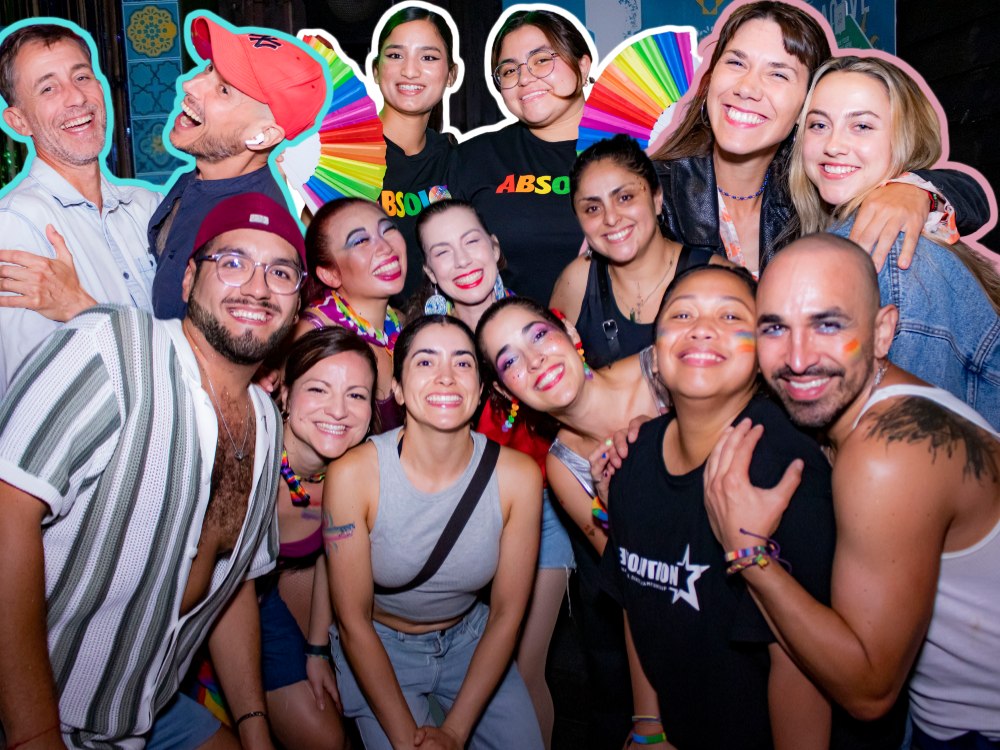A controversial new law restricting LGBTQ+ gatherings in Hungary has sparked mass protests across the country, with tens of thousands taking to the streets of Budapest in defiance of Prime Minister Viktor Orbán’s government.
Passed last week by Hungary’s ruling Fidesz party, which holds a two-thirds parliamentary majority, the law prohibits any public event that could be seen as promoting or depicting homosexuality if minors are present. The legislation, which passed 136 to 27, has drawn fierce backlash from rights groups, opposition MPs, and members of the public.
On Tuesday, protesters flooded central Budapest, shutting down key roads and three major bridges. Police attempted to contain the crowds, but demonstrators pushed forward, chanting slogans such as “Democracy” and “Assembly is a fundamental right,” while releasing rainbow-coloured smoke bombs.
“This is not child protection, this is fascism,” organisers of Budapest Pride said in a statement, rejecting the government’s justification for the law.
Under the new law, individuals face fines of approximately $550 for participating in or organising banned events. Authorities are also empowered to use facial recognition technology to identify and detain violators.
During the parliamentary vote, opposition MPs staged a protest by lighting rainbow smoke bombs inside the chamber and distributing doctored images of Orbán kissing Russian President Vladimir Putin — both leaders known for their anti-LGBTQ+ policies.
This legislation extends the scope of Hungary’s controversial 2021 “child protection” law, which already bans depictions of LGBTQ+ identities in schools and the media for those under 18. Earlier, in 2020, the government banned legal gender recognition and enshrined in the constitution that “the mother is a woman, the father is a man,” curtailing adoption rights for same-sex couples.
“This law is yet another step in the direction of dismantling democracy,” said 26-year-old demonstrator Paula Antalfy. “I feel like love should be free, and who you love is not a decision in any way.”
Krisztián Marton, a 35-year-old gay author, whose memoir was recently pulled from a book festival under the 2021 law, told The Guardian, “This step has awakened a civic drive in me.” He said the public mood had long been one of “depressing” resignation, but the new crackdown reignited a spirit of resistance.
Another protester, 75-year-old Judit, who once marched in underground protests during the Soviet era, said, “I think it’s never been this bad. Our youth was at least full of hope that things would get better.”
Despite the escalating restrictions, LGBTQ+ advocates remain determined. “We will be on the streets in some form on June 28,” said Jojo Majercsik, spokesperson for Budapest Pride. “We won’t be deterred or scared.”


































